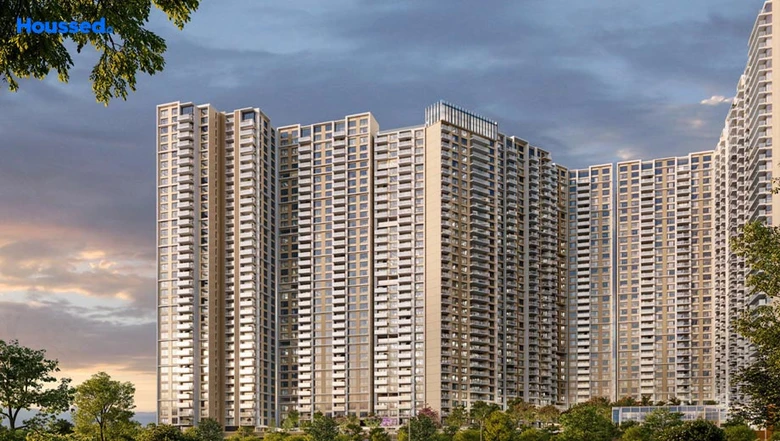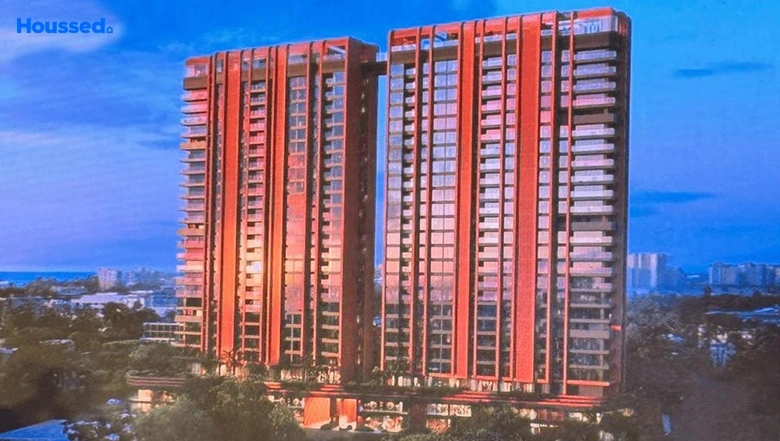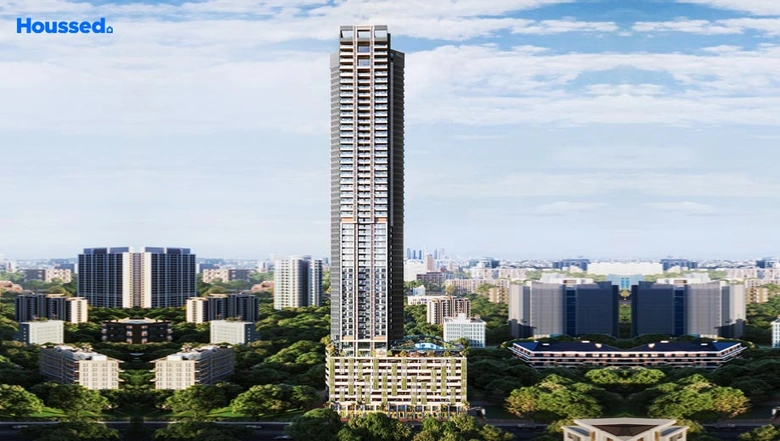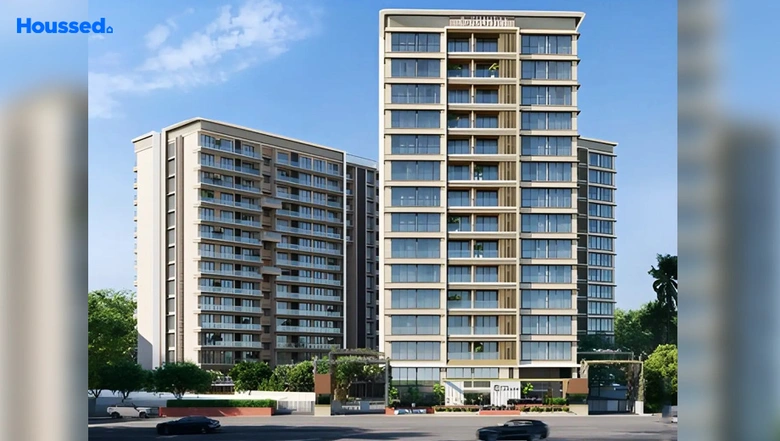What Is the Stamp Duty in Jaipur?
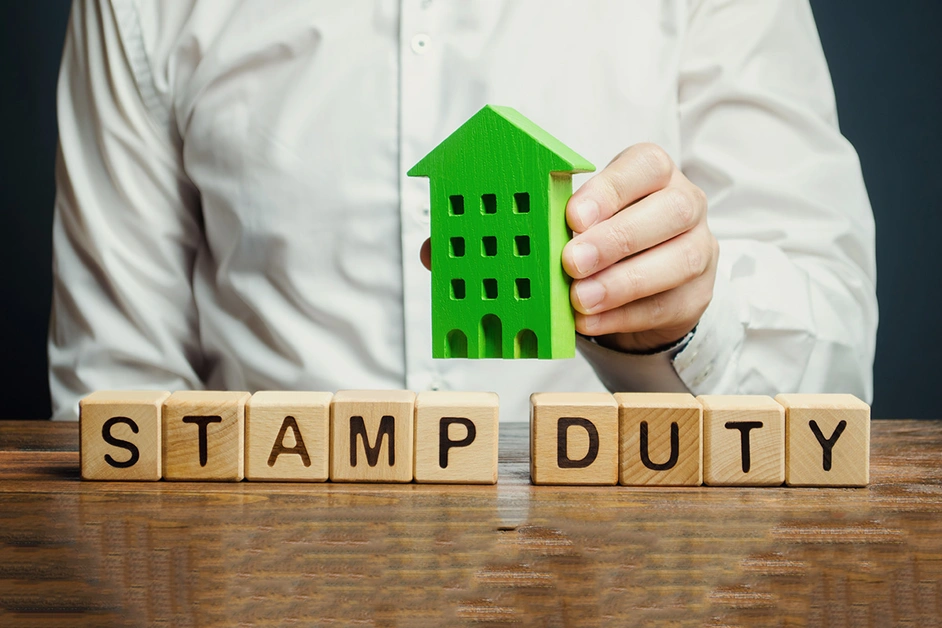
Stamp duty is a tax levied by the state government on property sales or ownership transfers. Per Section 3 of the Indian Stamp Act 1899, stamp duty is determined by the property's value at registration. The exact amount varies depending on the property's location, whether new or old and the specific state regulations.
The registration and stamp duty charges in Jaipur are governed by the Rajasthan Stamps Act 1908. The stamp duty charge for men in Jaipur is 6% of the property's market price, while the stamp duty for women is 5% of the total market price of the property. The current registration fee is 1% of the property's market price.
How Is Stamp Duty Assessed in Jaipur?
In 2024, the stamp duty regulations in Jaipur had specific percentages of the registered property value for both men and women.
The stamp duty is 6% of the registered property value for male property owners. Additionally, a labour cess, amounting to 20% of the stamp duty rate, is applicable. The registration charge is 1% of the registered property value.
For female property owners, the stamp duty is slightly lower, fixed at 5% of the registered property value. A labour cess of 20% of the stamp duty rate is also applicable. The registration charge remains the same, i.e. 1% of the registered property value.
6 Factors Affecting Stamp Duty Rates in Jaipur
1: Gender
In Rajasthan, stamp duty for men is higher than for women. This is due to government policies that aim to increase property ownership among women or promote gender equality in property ownership. In other areas, there are lower stamp duty rates for women property owners as part of government schemes to empower women economically.
2: Age of the Property
A new property may require more stamp duty than an old property. The property's age can influence stamp duty rates because it reflects the property's market value, depreciation, and maintenance costs. Generally, newer properties have higher market values and, therefore, attract higher stamp duty rates than older ones.
3: Age of Owner
Age is an essential factor in deciding the stamp duty. Senior citizens receive rebates on stamp duty. Some areas, like in Jaipur, include concessions or discounts on stamp duty for senior citizens to support them in their retirement years or to facilitate downsizing. For senior citizens, the stamp duty is less and is charged at the rate of 5% and the registration fee is charged at the rate of 0.5%.
4: Objective
The objective for which the property is used, whether residential, commercial, or industrial, is a crucial factor in calculating stamp duty. The purpose for which the property is being acquired can influence stamp duty rates, which differ for residential, commercial, agricultural, or industrial properties.
5: Location
Property near the central area has higher stamp duty than the periphery. Properties located in prime areas or central business districts may attract higher stamp duty rates due to their higher market values and greater demand. On the other hand, properties in less developed or remote areas may have lower stamp duty rates as part of government initiatives to promote development and investment in those regions.
6: Amenities
Properties in Jaipur with extensive amenities incur higher stamp duty fees, whereas those with fewer amenities attract lower stamp duty rates. Features such as halls, swimming pools, clubs, gyms, sports areas, lifts, children's play areas, etc., contribute to increased stamp duty charges. Properties located in neighbourhoods with better amenities typically command higher prices in the real estate market, resulting in higher stamp duty rates.
Documents Needed for Payment of Stamp Duty in Jaipur
- Deed of exchange.
- Partition deed.
- Transfer instruments.
- Reconveyance of mortgaged property.
- Gift deed.
- License agreement.
- Tenancy agreement.
- Lease deeds.
- Power of Attorney
How to Pay Stamp Duty in Jaipur?
There are 3 modes of payment of stamp duty in Jaipur:
Online
One can pay stamp duty and registration charges online. For this, individuals can access E-Panjiyan and utilise the payment gateway of their preferred bank. Payments can be made through the net banking or payment card services the respective banks provide.
Offline
Stamp duty and registration charges can be deposited by visiting the sub-registrar's office in person and fulfilling the necessary formalities. Ensure you have all the required documents readily available before proceeding.
Through Designated Banks
The Government of Rajasthan has authorised banks throughout the state to deposit stamp duty and registration charges. Completing stamp duty and registration payments is essential for finalising a property transaction. To ensure proper registration of property in Jaipur, you must ensure timely deposit of the stamp duty and registration charges to prevent any future title disputes.
4 Ways to Save on Stamp Duty Charges
1. Registration Under A Woman's Name
Women buyers have to pay only 5% stamp duty as against the 6% rate for male buyers. Consider registering the property in the name of a woman in the house to avail of this benefit. Availability of this discount is also possible if the property is being co-registered in the name of a woman, even though the discount in this case may be lower.
2. Projects With Fewer Amenities
Amenities are an essential factor that affects stamp duty. Properties with fewer amenities have lower stamp duty. So, you must search for a property with fewer amenities.
3. Less Developed Areas
Stamp duty is highly affected by the location of the property. So, consider buying a property in a less developed area to save on stamp duty.
4. Invest in a Project that Offers Stamp Duty Exemptions
Investing in a project that offers stamp duty exemptions can be a wise decision to save more on stamp duty charges.
Penalties for Not Paying Stamp Duty in Jaipur
Nonpayment of stamp duty may result in 8-20% of stamp duty as a penalty, failing which may also lead to jail.
Conclusion
What is stamp duty in Jaipur?
For male property owners, the stamp duty is 6% of the registered property value, labour cess is 20% of the stamp duty, and the registration charge is 1% of the total property value. Whereas for women, the stamp duty is 5% of the registered property value, labour cess, and registration charge remain the same in the case of women.
Factors affecting stamp duty rates in Jaipur
- Gender
- Age of property
- Age of owner
- Gender of owner
- Objective
- Location
- Amenities
Documents Needed for Payment of Stamp Duty in Jaipur
- Deed of exchange.
- Partition deed.
- Transfer instruments.
- Reconveyance of mortgaged property.
- Gift deed.
- License agreement.
- Tenancy agreement.
- Lease deeds.
- Power of Attorney
How to Pay Stamp Duty in Jaipur?
- Online through E-Panjiyan
- Offline by visiting the sub registrar's office in person
- Through designated banks
4 ways to save on stamp duty charges
- Registration in a woman's name
- Search for properties with fewer amenities
- Search for a property in less developed areas
- Invest in projects with stamp duty exemption
FAQ's
Yes, an e-filing option exists for stamp duty in Jaipur through e-panjiyan.
For properties valued below Rs 50 lakh, men are charged a stamp duty rate of 4%, while women are charged 3%. However, for properties exceeding Rs. 50 lakh, the stamp duty rate increases to 6% for men and 5% for women.
Yes, you can pay the stamp duty in cash, but you’ll be required to pay Rs 100 to Rs 200 as cash handling fees.
If you've paid stamp duty for an unregistered property, you should claim reimbursement within six months of the payment date. You’re entitled to claim both registration fees and stamp duty. However, registration fees are not reimbursed for registered sale deeds.
No, first-time buyers aren't exempted from stamp duty.



